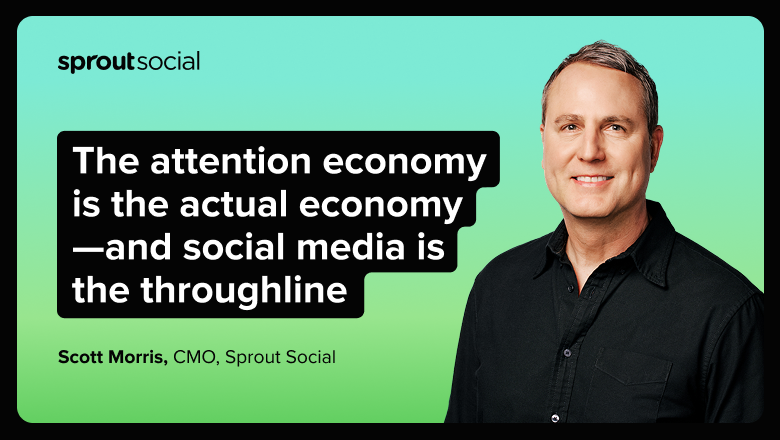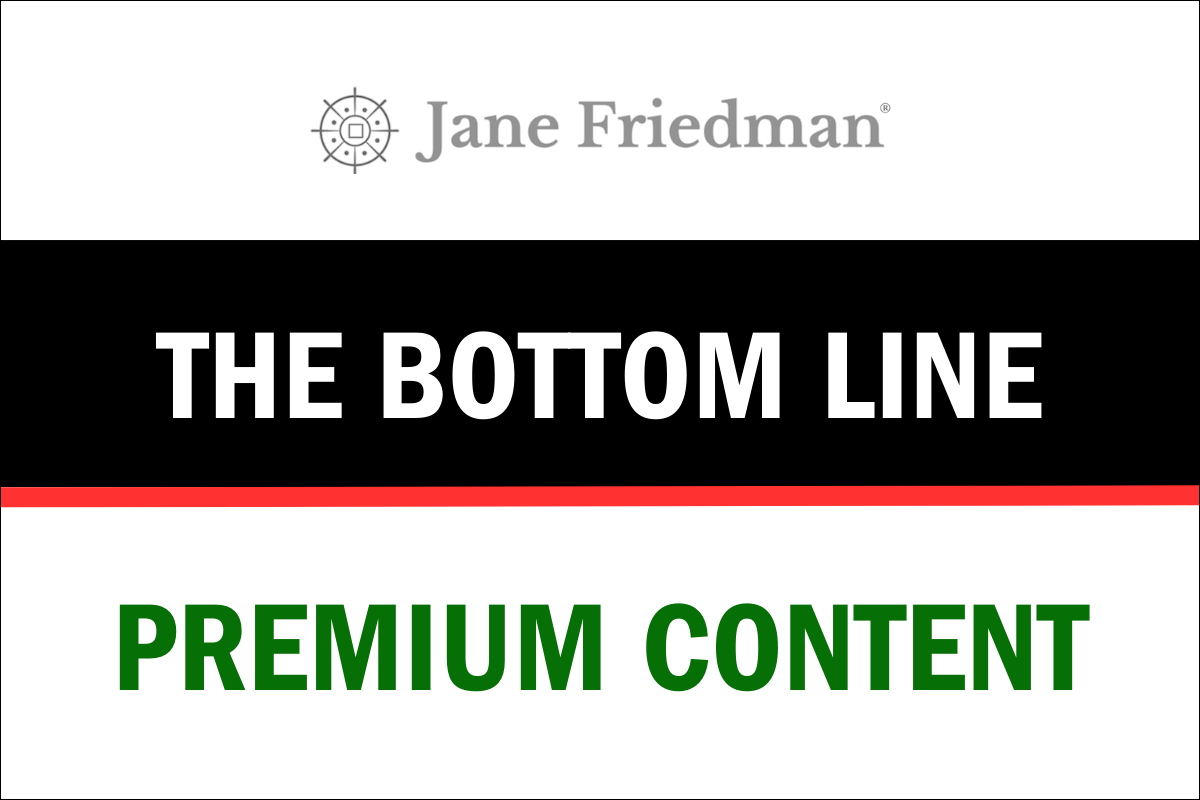Silence: The New Rejection That’s Expanding in Insidious Ways
When agents and publishers refuse to reply to submissions, is it any wonder that writers end up seeking validation from scammy alternatives?


Today’s post is by editor and ghostwriter Jacqueline Salmon.
Every writer in the publishing business is, or should be, schooled in the “Silence means no” practice of the publishing industry. That is, if you don’t get a response from an editor or literary agent within a reasonable period, assume it is a rejection and move on.
Gone are the days of polite rejection letters—typed, mailed, and sometimes even offering helpful feedback or suggestions for improvement.
I get that. Who has time now for this outdated practice—even in an email? And I know that agents and editors worry any response might trigger a blizzard of emails from anguished, inexperienced writers clogging their inboxes, asking, “But why?” and “How can I fix it?”
But what concerns me is that the “Silence means no” practice is expanding in insidious ways.
In the past few months, two of my author clients were met with silence after submitting projects to agents—despite both agents having expressed strong interest and inviting the submission. There was not even an acknowledgment to the writer that the submission had been received. Polite follow-up queries by the authors several weeks later asking for confirmation of receipt were also met with silence.
Is there anything wrong with a brief “Sorry, this no longer meets our needs” and then slam down the cone of silence? It takes five seconds to type those seven words and hit send. I timed it.
When a once-promising project gets radio silence, the writer’s stuck. Do they keep waiting—for two months? Six? Maybe there’s still interest, and it’s just taking time. But without clarity, giving up and submitting elsewhere risks offending the agent or publisher who had originally invited the submission.
Responding, even after expressing initial interest, could open that floodgate to follow-up emails, especially since some sort of relationship—however tenuous—had been established. But I know plenty of writer-pros who would suck it up, learn from the rejection, and move on. I wonder if agents and editors sometimes underestimate how professional some writers really are.
Beyond the potential damage to a writer’s publishing path, there’s another risk. You know who always responds to writers fast and enthusiastically? Scammers. To be clear, not everyone who replies promptly is illegitimate. But after enough silence from the legitimate publishing world, disheartened writers become more vulnerable to the siren call of a growing number of predatory players targeting them.
“But they were so helpful,” a recently scammed client told me. This ‘publisher’ responded right away, answered all of his questions, and made him feel like his book really mattered.
Of course they did. They also took him for $30,000.
To be clear, I’m not saying the legitimate publishing industry is responsible when writers fall for scams. And writers need to know that constant rejection is a reality of the publishing business. To be honest, it’s a brutal industry.
But when an agent or editor has expressed interest, five seconds is all it takes to set expectations and avoid confusion. Just five seconds so the writer can move on.
And it’s not only writers who get ghosted like this. A hybrid publisher recently reached out to invite me to coffee. I accepted and asked for dates. Then, nothing. A month later, I followed up with a quick note, assuming my response to her had gotten buried in her email. Still no response. The irony: I have two clients seriously interested in publishing hybrid who are able to cover the significant costs.
But any chance I’d refer them to her? Gone.




















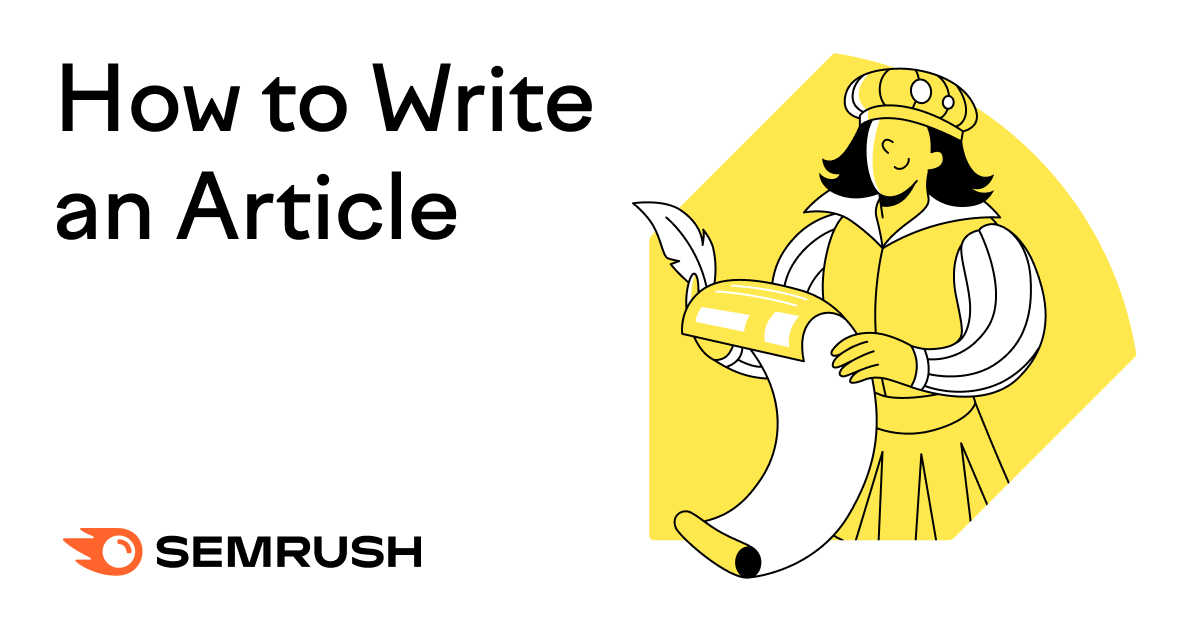







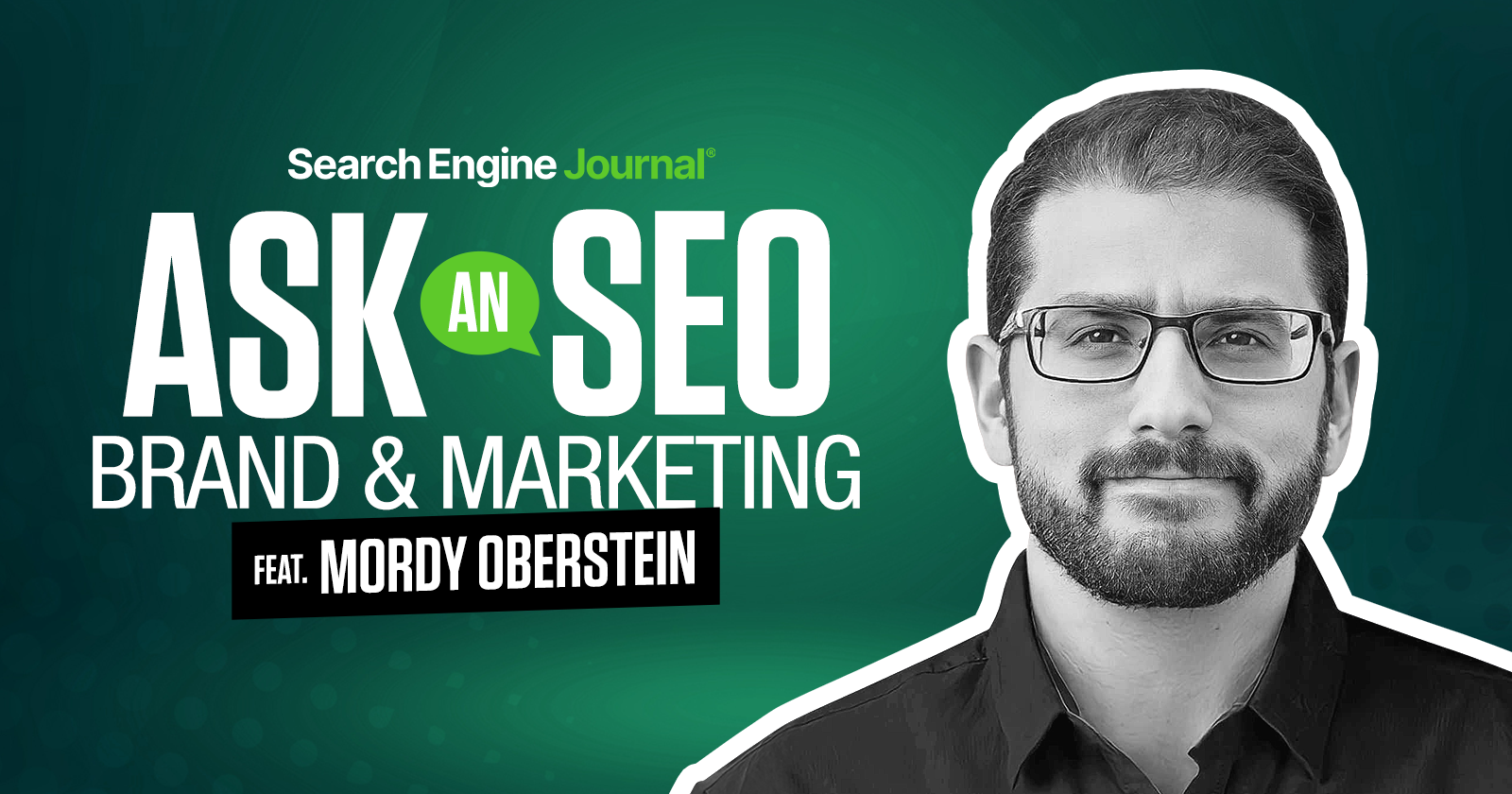




































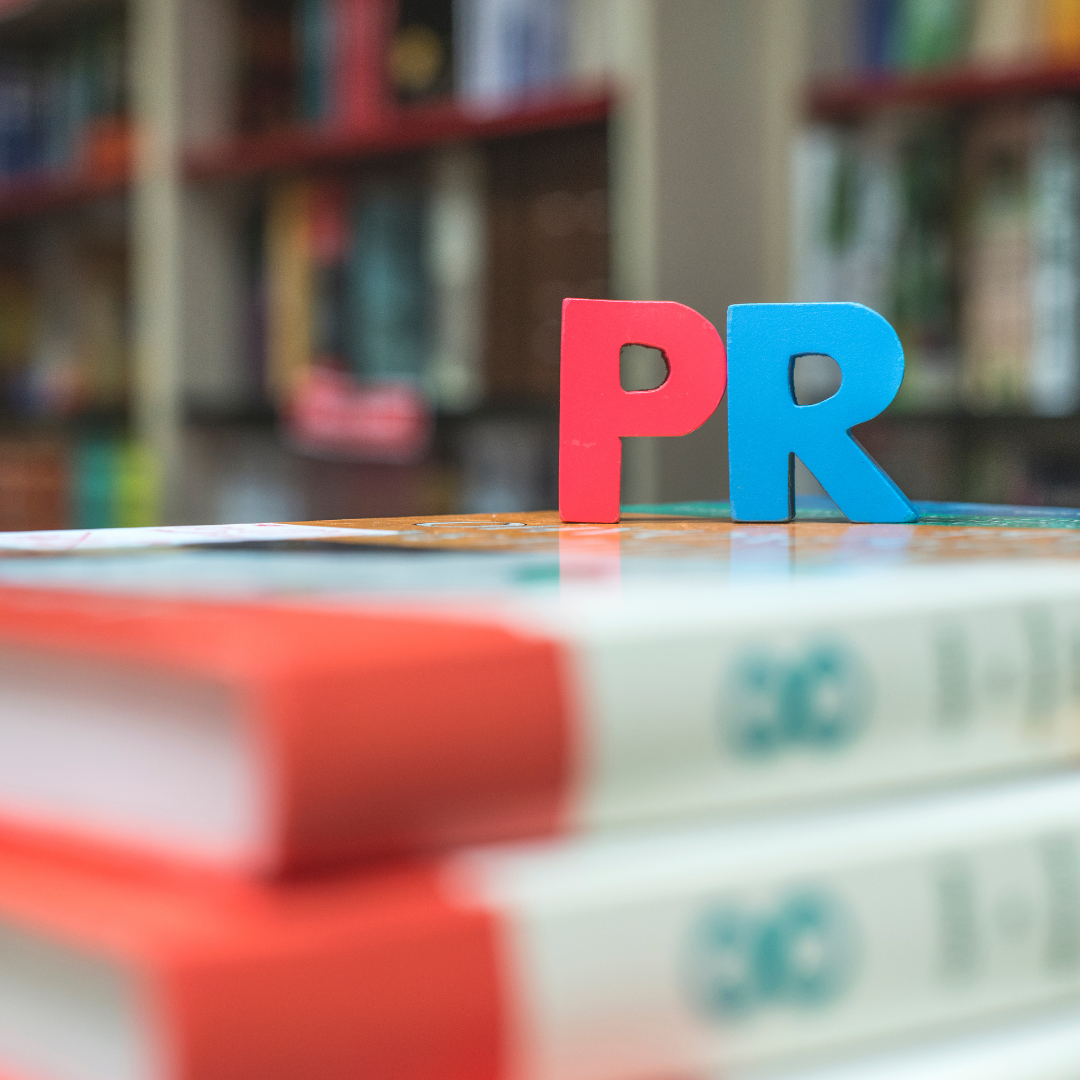



















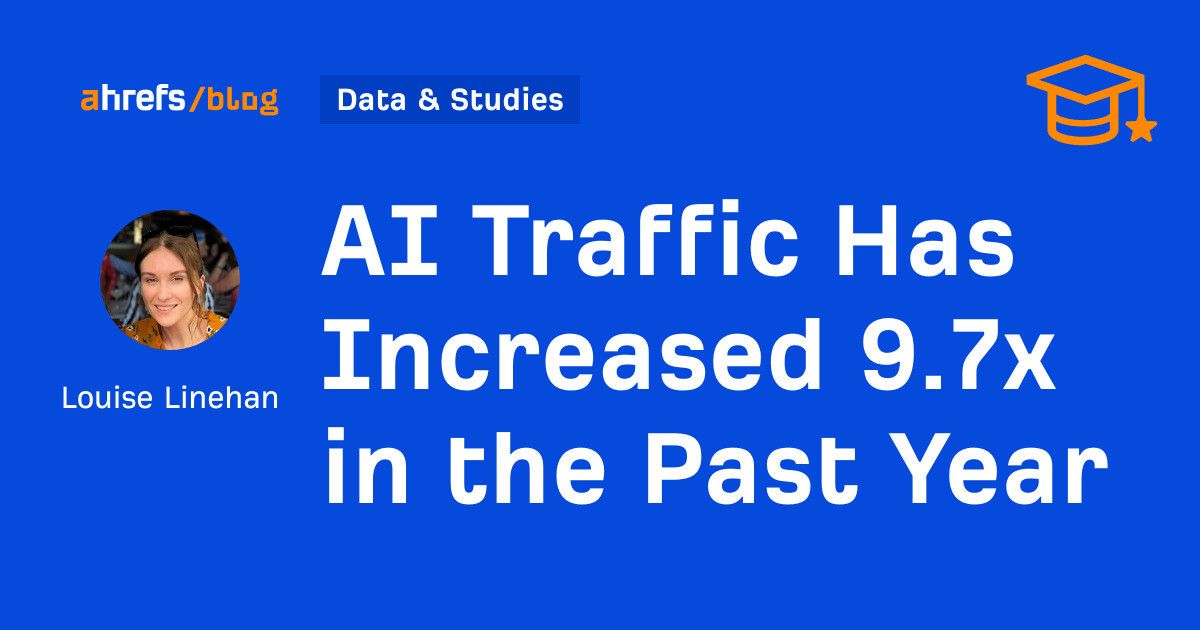
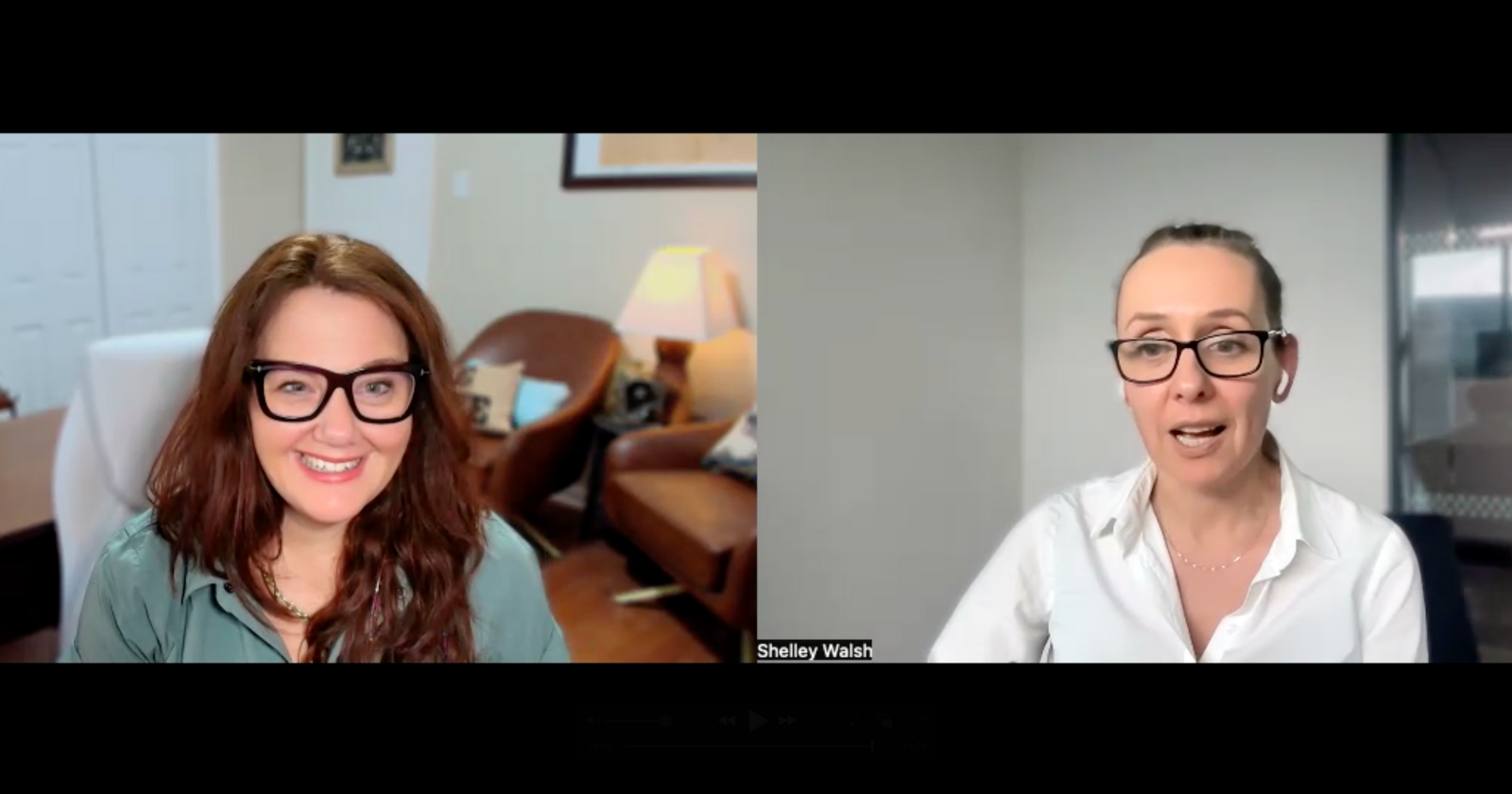





![Brand and SEO Sitting on a Tree: K-I-S-S-I-N-G [Mozcon 2025 Speaker Series]](https://moz.com/images/blog/banners/Mozcon2025_SpeakerBlogHeader_1180x400_LidiaInfante_London.png?auto=compress,format&fit=crop&dm=1749465874&s=56275e60eb1f4363767c42d318c4ef4a#)
![How To Build AI Tools To Automate Your SEO Workflows [MozCon 2025 Speaker Series]](https://moz.com/images/blog/banners/Mozcon2025_SpeakerBlogHeader_1180x400_Andrew_London-1.png?auto=compress,format&fit=crop&dm=1749642474&s=7897686f91f4e22a1f5191ea07414026#)
![How to Create an SEO Forecast [Free Template Included] — Whiteboard Friday](https://moz.com/images/blog/banners/WBF-SEOForecasting-Blog_Header.png?auto=compress,format&fit=crop&dm=1694010279&s=318ed1d453ed4f230e8e4b50ecee5417#)
![What Are Good Google Ads Benchmarks In 2025? [STUDY] via @sejournal, @brookeosmundson](https://www.searchenginejournal.com/wp-content/uploads/2025/06/benchmark-273.png)







![AI Content Is 4.7x Cheaper Than Human Content [+ New Research Report]](https://ahrefs.com/blog/wp-content/uploads/2025/06/ai-content-is-4.7x-cheaper-than-by-ryan-law-data-studies.jpg)
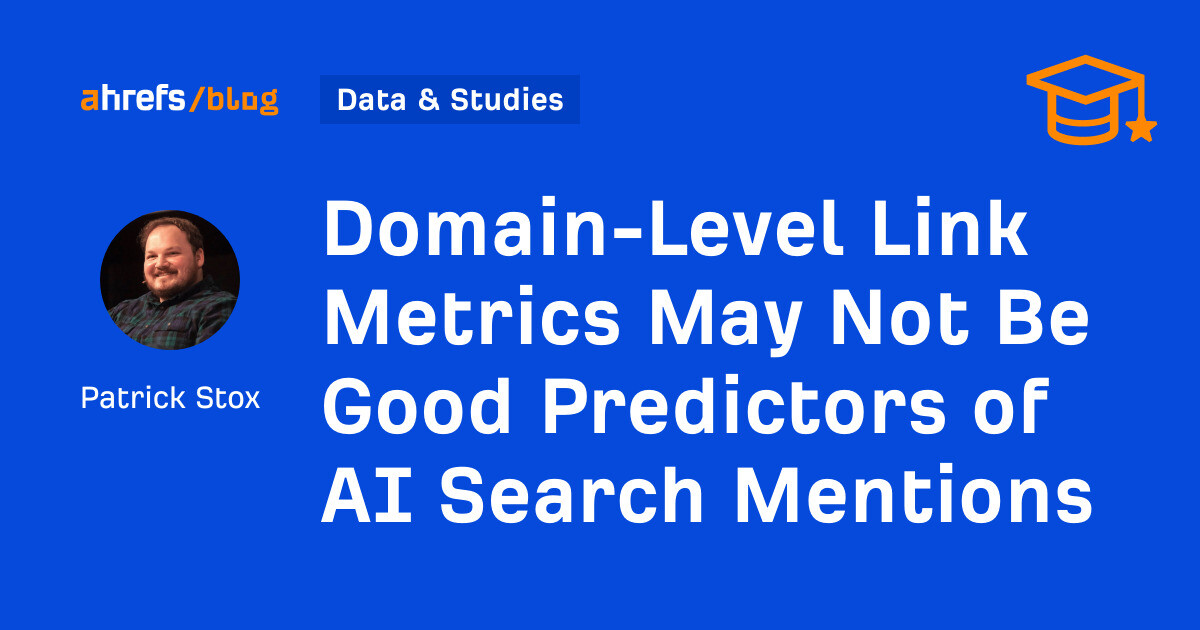
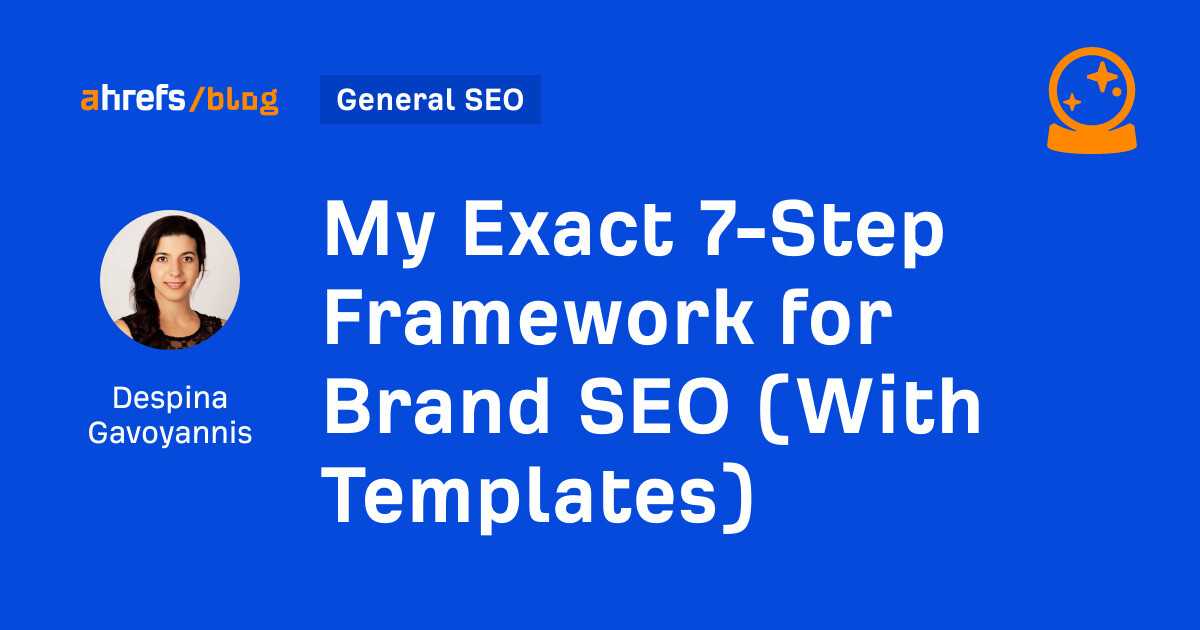
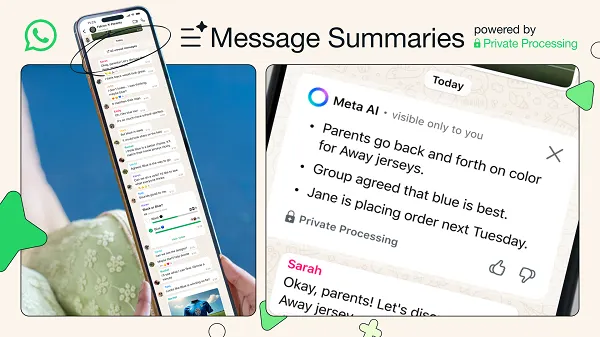
![Snapchat Shares Trend Insights for Marketers To Tap Into This Summer [Infographic]](https://imgproxy.divecdn.com/7LB56F586EcY82vl5r47Ba6f7RdKcHkNelnSgSe8Umc/g:ce/rs:fit:770:435/Z3M6Ly9kaXZlc2l0ZS1zdG9yYWdlL2RpdmVpbWFnZS9zbmFwX2tzYTIucG5n.webp)













![Social media image sizes for all networks [June 2025]](https://blog.hootsuite.com/wp-content/uploads/2023/01/Social-Media-Image-Sizes-2023.png)

















